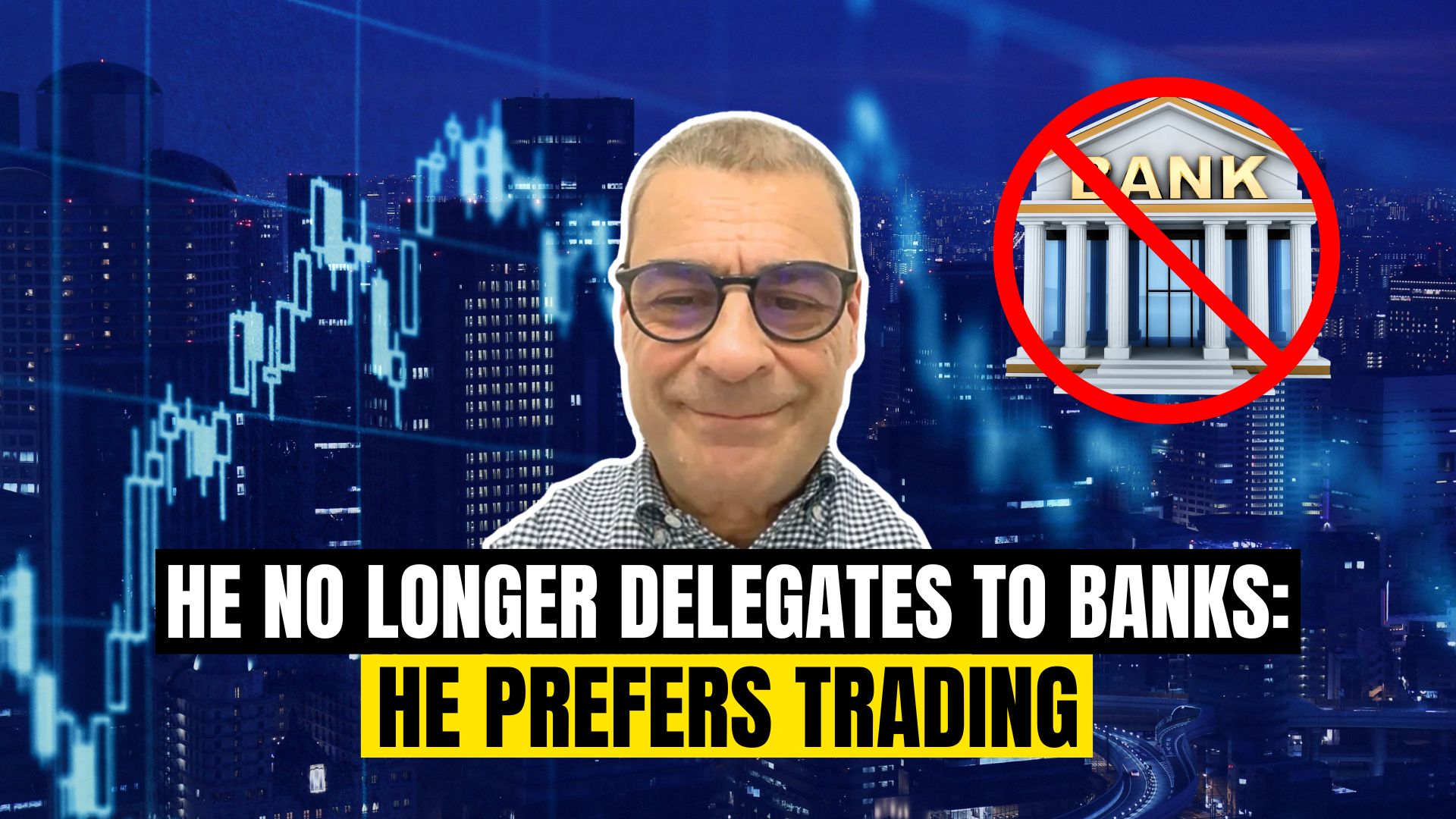Hi guys, hi from Andrea Unger! Is it actually possible to make money while you sleep? This is a dream many traders have, so let’s see if there can be something true about this.
Here we are guys, we have this code here, where we have an input day or night which can be 0 which means that we are working at night, we buy at the close of the market and we exit immediately next bar at the open.
So we keep an overnight position.
When the input is equal to 1 we enter the open market and we close at the end of the day, so we keep a position during the day session which is the norm. We ride let’s say the daily candle.
Now I prepared here a portfolio with the Dow 30 stocks on a daily and we go back as far as possible I can on my database.
OK, starting capital here is not important, we use $10,000 for each position, this is just an experiment of course, and here it is our signal where we can run an optimization going from 0 to 1.
So we test night or day, which is the best choice we can make or at least what leads to making more money.
Here we go, you can see immediately that, it’s a little bit small but the number here is bigger, so the night solution with 0 makes more money than the day’s solution you see?
And also a drawdown is smaller on the night rather than on the day. So the money seems to be made overnight.
Markets went up but most of the money seems to come from overnight positions.
This is a piece of very important information for a stock market at least.
It’s important, we are talking about the stock market here. Now let’s take this as a set up but.
Let’s really backtest the whole thing here.
It takes a while not really to make the maths but, imagine there are a lot of trades we have the Dow 30 stocks and every day we place a trade and we close it the day after. So we have many many trades and this obviously needs some time to be calculated, never mind we are patient.
Here we are, this is the performance report, just I will show you the big figure here. We already knew it made money, we have seen it in the optimization, here it is!
This is the equity line which is a never going up equity. What is interesting here is the annual report, the annual period.
You see there are some losing years, 2008 and so on, but overall we don’t have many losing years! This is really interesting!
We have a few losing years which are not even extremely losing and what’s even more important on the overview we have more or less every stock making money.
There are two exceptions here PG Procter & Gamble’s should be and Hewlett Packard probably losing money, but all the others to make money with this approach.
This is extremely interesting! It means that this tendency is let’s say more or less everywhere in the stock market in the United States.
Now let’s have a deeper look into the daily activity when we buy at the open of the market and we close the position at the close.
In this case, we already know that we were making less money.
Let’s have a deeper look into this less money how it is.
So, first of all, we see immediately that we have more stocks losing money.
Not many but some more than in the previous case and now if we look at the main figures… well the report is what we already knew is making less money about… a little bit more than half of it, the equity line is a bit worse and you see all these signs it’s due to the fact that we are measuring activity and positions on the open market so this is a day-by-day chart let’s say and we see how the excursion from high to low during the day was.
What we did not see on the other chart because that one was during the night when the markets are closed so, in that case, we could not see what was going on on the singles chart.
But apart from this here we go into the annual period as we did for a previous case and we have already seen from a chart something year, but let’s have a look at at the annual period you see there are… I would say more losing years than in the previous case.
So also this confirms that the overnight trades are better than the intraday trades. Somebody could argue that its link to risk, I have a higher risk with a closed market.
This is partially true because Min S&P 500 future is open 23 hours a day and during the night session we could easily hedge our positions with the future in case of some disaster could happen or things like that.
So that’s not an objection which makes complete sense in my opinion.
The night is better, we make more money at night this is what I see here.
So, guys, that’s it, it was not exactly going to bed sleeping and making money but it was something I hope useful and something that for sure can be kept in mind when you approach the markets and when you put down some rules to create a trading approach.
I hope also that what I showed you can lead you to look further to dig further for other hidden facts in the markets. That’s it guys always stay tuned always stay curious.
This week this was what I wanted to tell you, see you next time.
Ciao from Andrea Unger!







